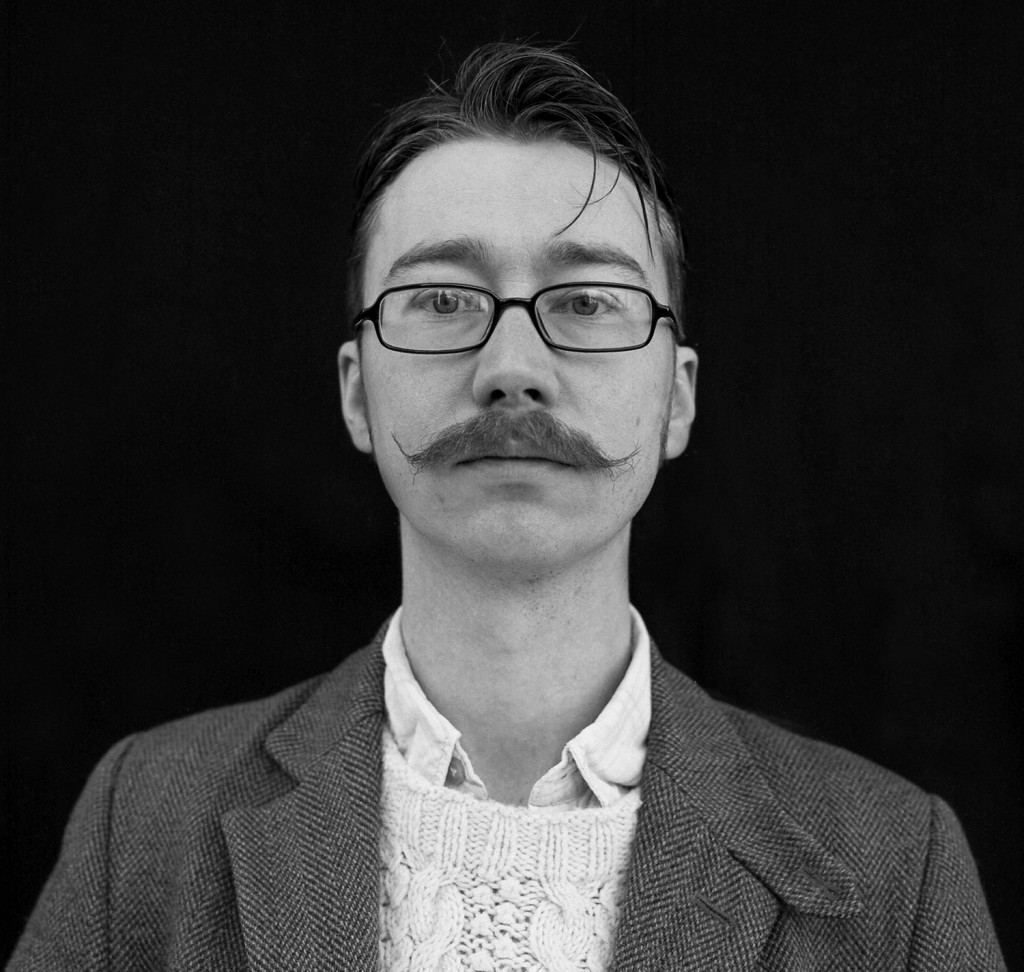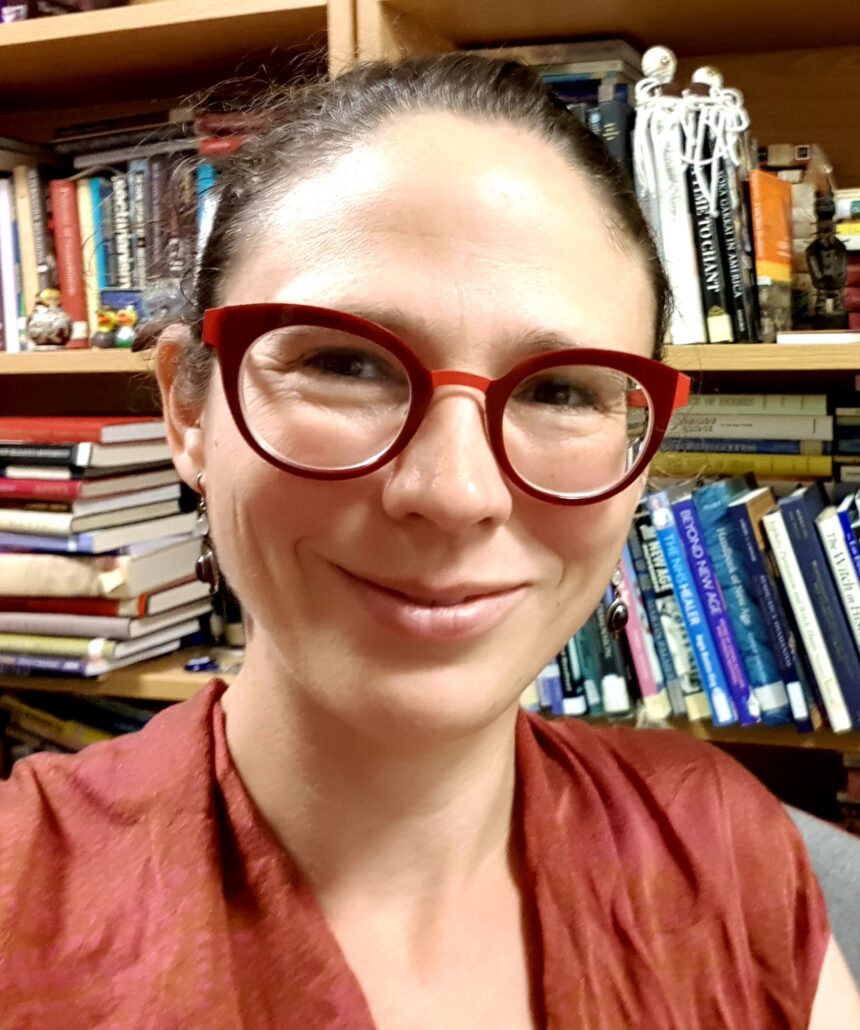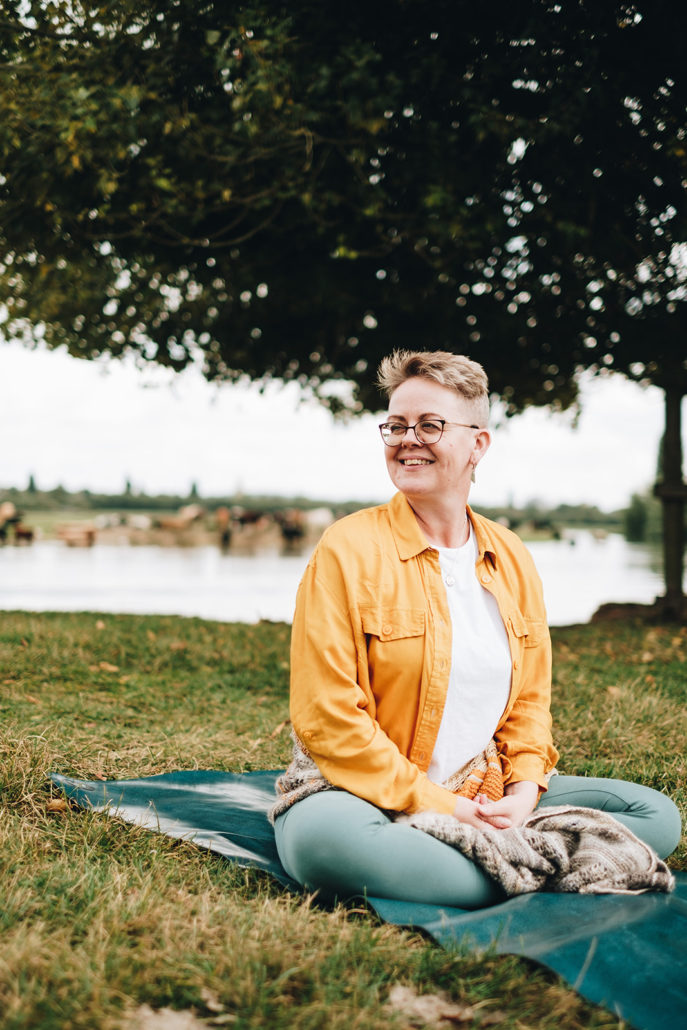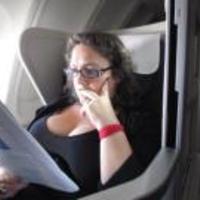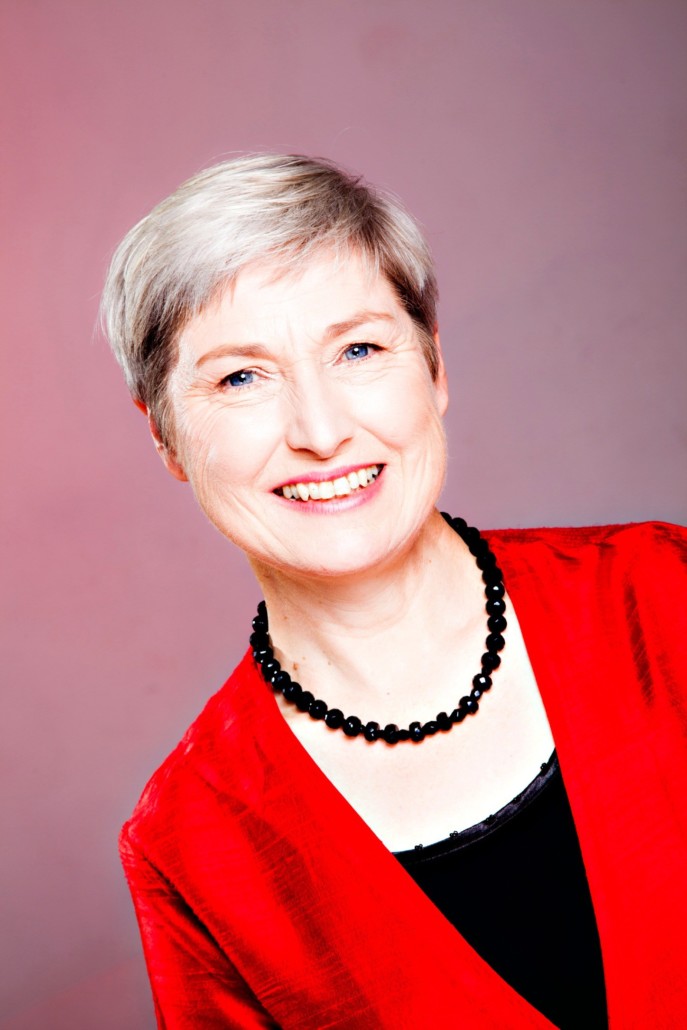Dr Marion Bowman is Senior Lecturer in the Religious Studies department at the Open University, Vice President of the European Association for the Study of Religions, a former president of the BASR and of the Folklore Society, and serves on the executive board of SIEF’s Ethnology of Religion Working Group.
She began her academic career at Glasgow University, but switched to Lancaster University where she came under the influence of Professor Ninian Smart, a revolutionary figure who has acquired almost mythic status in the field of Religious Studies. Her research is concerned with vernacular religion (‘religion as it is lived’), contemporary spirituality including a long-term study of Glastonbury, material culture and pilgrimage. She is currently Co-Investigator on the AHRC funded project Pilgrimage and England’s Cathedrals, Past and Present: http://www.pilgrimageandcathedrals.ac.uk/about
Marion’s Publications include
Vernacular Religion in Everyday Life: Expressions of Belief (2012) co-edited with Ulo Valk;
Beyond the New Age: Exploring Alternative Spiritualities (2000) co-edited with Steve Sutcliffe; and recently ‘”He’s My Best Friend”: Relationality, Materiality, and the Manipulation of Motherhood in Devotion to St Gerard Majella in Newfoundland’ in Terry Woo & Becky Lee, eds.
Canadian Women Shaping Diasporic Religious Identities (Waterloo, Ontario: Wilfrid Laurier University Press, 2016, pp.3-34); ‘“Helping Glastonbury to Come into Its Own”: Practical Spirituality, Materiality, and Community Cohesion in Glastonbury’ in
Practical Spiritualities in a Media Age, Curtis C Coats and Monica M Emerich, eds. (London and New York: Bloomsbury Academic. 2015, pp.51-65.)


